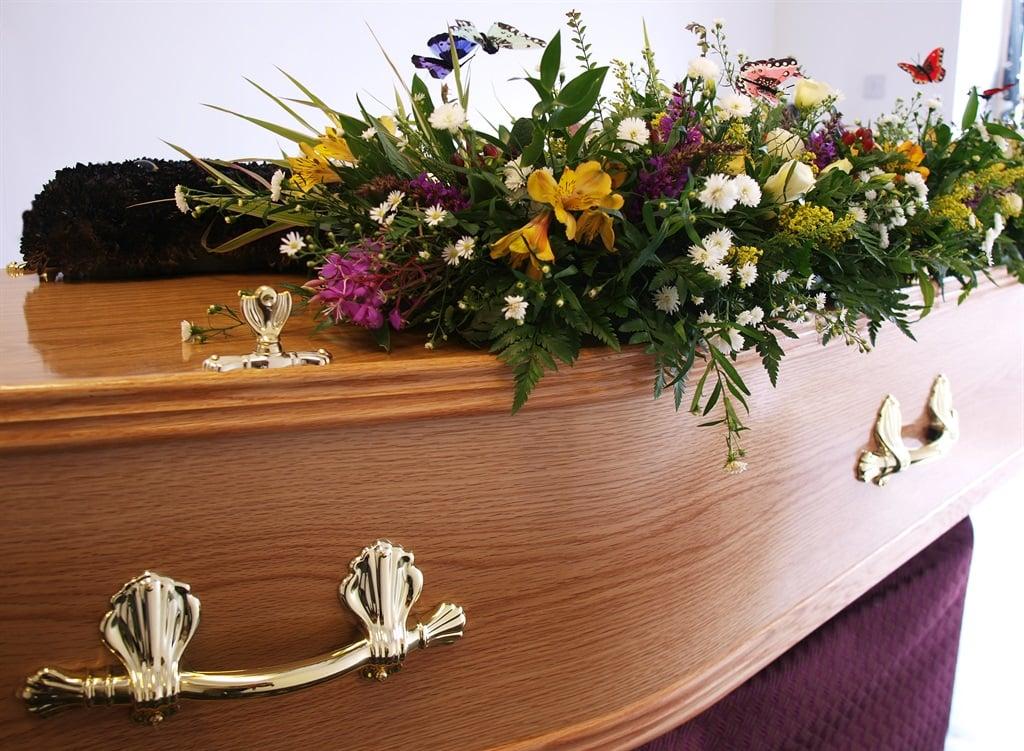Africa-Press – South-Africa. A Limpopo family has won a court battle to have their relative’s remains released to them after laying in a government mortuary for the past two years.
The Department of Health had disputed the family’s assertion that the body found in a veld a month after their brother, Motswiri Jackson Tema, was reported missing, was his.
However, the court said the family had proved that the body was indeed that of their sibling and ordered that the body be released to them.
Tema was last seen by his brother Mpshe Gilbert on 20 April 2021.
The two had agreed to meet three days later on the 23rd.
On that day, however, Mpshe went to Tema’s house but did not find him.
No one else knew his whereabouts, and a missing person case was opened. Police and the community embarked on a two-day search, but Tema was never found.
A month later, Mpshe got a call from the police that they had found human remains next to Mamaolo village.
He was requested to come and view the remains and see if he could be in a position to identify them as those of his missing brother.
Due to the body’s advanced stage of decomposition, he could not identify the face.
Police arranged a DNA test for Mpshe and his sisters, Mavis Team and Emly Mphahlele, to determine if the remains were that of their brother.
However, the results were that no conclusion could be made as to whether they were related.
The siblings went the private route also, but the results were still inconclusive.
The summary of the results was that:
Due to the fact that DNA had been inconclusive and visual identification not possible, Mpshe then submitted that Tema had a metal plate inserted in his knee due to an injury and was using a crutch at the time of his disappearance.
He also said when he went to identify the body, while he could not identify the face, he could see the metal plate in the knee.
He also told the court that pictures police took from the scene showed the metal plate in the knee, as well as a crutch next to the remains.
Hospital records which were entered as evidence proved that Tema had once been admitted at Lebowakgomo and Mankweng hospitals following a knee fracture he sustained while walking.
However, the Limpopo Department of Health still refused to release the remains to the family.
It said it could not release the human remains that were in a decomposed state when DNA results were conclusively excluding any blood relationship between the remains and the family.
The department also said the presence of the metal on the knee did not salvage the family’s case.
In his testimony, a doctor from the department said metals fixed on patients in hospitals have a unique number written on hospital records and that this was used to assist in the determination and identification of the body.
He also said nothing was engraved in the “iron metal” found on the corpse.
In addition, he said the iron metal and the walking stick could not be scientific factors acceptable to the Department of Health as identification of a corpse.
However, an Acting Judge of the Limpopo High Court, Matsaro Violet Semenya, said the department did not deny the existence of the unique features relied upon by the family to identify the human remains as those of their brother.
“The hospital records confirm the metal referred to by the applicants. The DNA results do not conclusively exclude the relationship between them; it is a likelihood which, according to the laboratory, must be assessed together with other circumstances,” she said.
Semenya said the family had proved their case. She then declared that the human remains were that of Tema and should be released to the family.
She also ordered the Department of Home Affairs to issue a death certificate and the Department of Health to pay for the cost of the family’s court applications.
For More News And Analysis About South-Africa Follow Africa-Press






